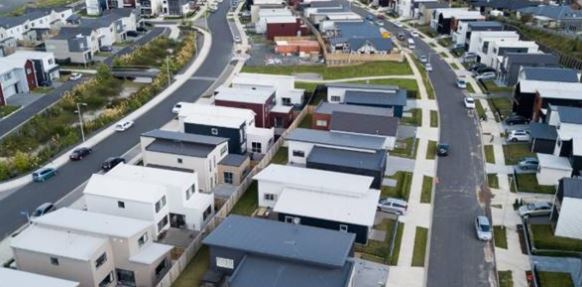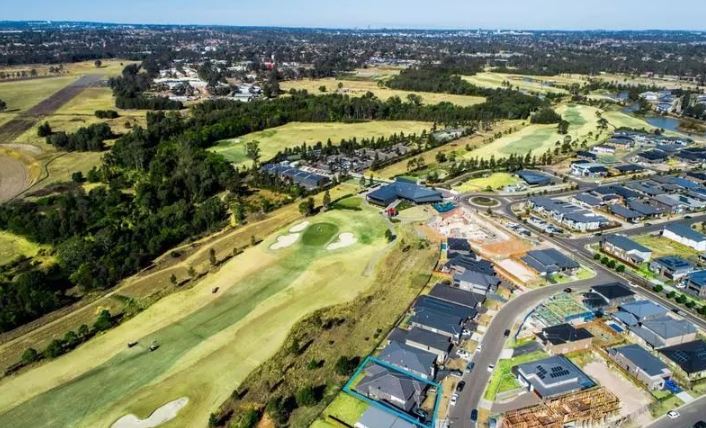Foreword

In many countries, including New Zealand and Australia, foreign ownership of property is receiving increasing attention. From 2018, New Zealand will ban foreigners from owning residential properties to curb housing inflation and high vacancy rates.

What happened in New Zealand

The inflation rate for residential properties in New Zealand reached 10.46% last year. In the past three years, prices have risen by 34%. As a result, New Zealanders are increasingly concerned about the exclusion of low- and middle-income people from the real estate market. Home ownership in New Zealand has reached its lowest level in 65 years. Only one in four adults under the age of -40 owns their own home, compared to half in 1991.
In the last financial year, immigration to New Zealand has increased by 19%. Strong immigration, low interest rates and limited housing supply, especially in areas affected by the recent earthquake, have exacerbated house price increases. Jancinda Ardern’s new Labour government has participated in the election with a comprehensive housing platform, including a crackdown on speculators. Labour said the 2015 tax changes, which apply to investor earnings, did not meet the expected effect of limiting price increases.

How does Australia compare?

In terms of housing, New Zealand leads Australia in other areas of housing policy. Upcoming changes in New Zealand legislation have focused on prohibiting foreigners from owning residential property. The Australian Foreign Investment Review Board (FIRB) has imposed a foreign ownership ban on existing (as opposed to new) homes. Like Australia, New Zealand legislation will continue to allow permanent residents to buy existing homes. However, there are some significant differences. New Zealand law will also apply to foreign trusts and foreign companies. Australia still allows some foreign trusts and companies to buy existing homes that require staffing. In Australia, overseas residential investment is mainly used to build new homes.
Many Australians believe that students and temporary residents (such as students) working here should not be allowed to purchase existing residential properties. FIRB allows this. The current proposed New Zealand law does not. New Zealand expects that eliminating investor demand by excluding foreigners from the market will help stabilize housing prices. However, there is little evidence that such measures have successfully slowed Australian price inflation. The increase in stamp duty on certain foreign residential purchases runs counter to FIRB’s long-term need to encourage investment to offset foreign trade deficits. For example, in 2015/16, foreign real estate investment approvals totalled A $ 72.4 billion.
However, both the New South Wales and Victorian governments have increased foreign investors’ stamp duty surcharges on residential real estate to make them less attractive to them. The difference between the two countries is that in Australia, surcharges are levied as a state initiative rather than a federal initiative. Not all states impose surcharges on foreign real estate investments. As a result, this impact is unlikely to be offensive to Australia’s major trading partners and investors like China. New Zealand surcharges will apply nationwide. Therefore, surcharges can be regarded as a protectionist measure.

Protectionism and productivity committee

There is growing concern that rising global protectionism (supported by the Trump administration) could lead to a worldwide recession and lower living standards, including in Australia. However, while foreign ownership restrictions may damage New Zealand’s reputation as an open economy, they are unlikely to do so. This is because 58.5% of the funds entering New Zealand came from Australia, the United Kingdom and the United States. These are also the countries where New Zealand invests the most. With the surcharge remaining reasonable, it is unlikely to affect investment or be considered a protectionist measure.
New Zealand is much slower than Australia in setting rules for residential property ownership. The proposed legislation is very similar to Australian legislation on who can buy existing homes. These measures have not significantly slowed house price increases in Australia. However, New Zealand also plans to limit ownership of homes by temporary residents and charge a surcharge nationwide. These additional measures may have a greater impact on restricting house price increases than the restrictions to date in Australia.

